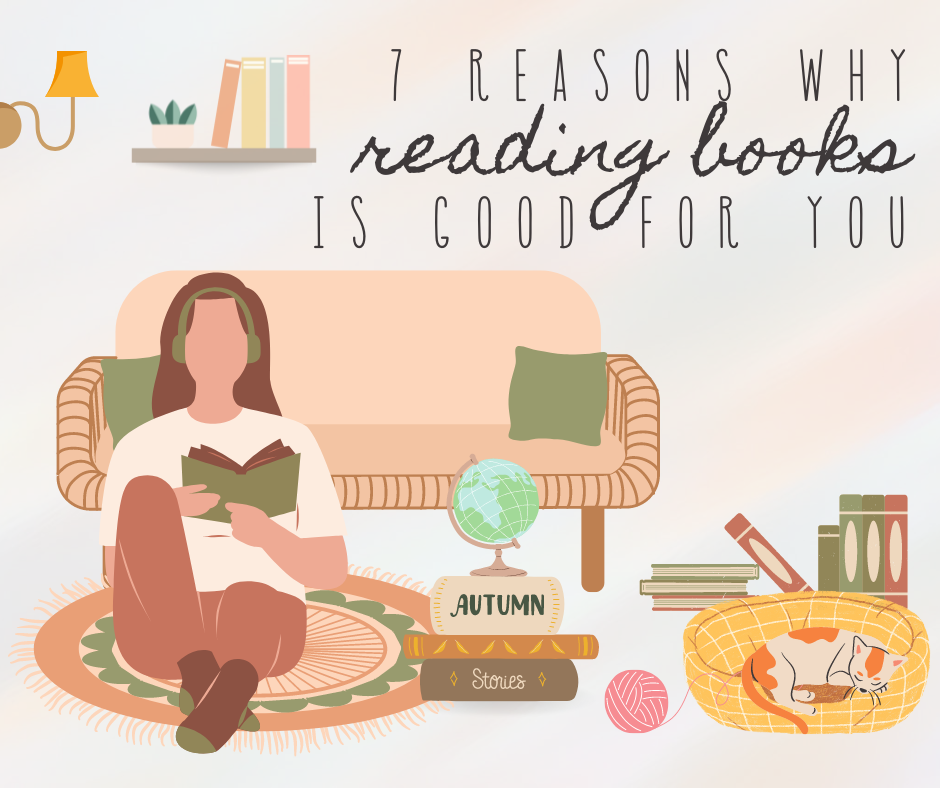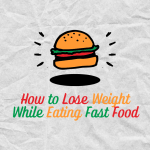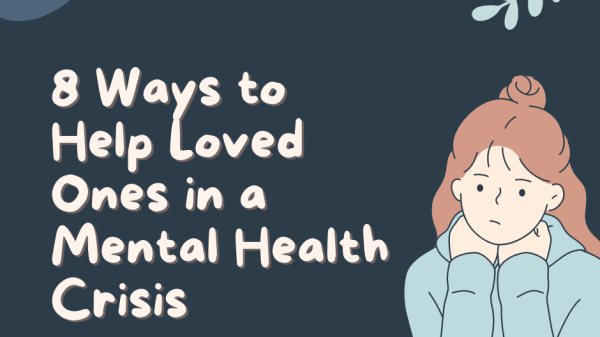

With so many things happening in the Internet right now, more and more people have abandoned the good hobby of reading books. Instead of reading really good fantasy books or a detailed memoir about a notable person, they are reading more of hateful comments on social media, shallow articles about celebrities, insane conspiracies that are obviously untrue, and more. This has serious repercussions not just for the education of the country, but also health.
Why? Because reading has a ton of benefits for our physical and mental well-being! We learn important life skills such as critical thinking, problem-solving, empathizing, and so much more with reading, which is why it is always a good idea to incorporate reading into your routine.
Let’s take a deeper look at why reading books is always a good idea.
1. Stress Management
Have you ever fallen asleep while reading a book before bedtime? Or read a book after a long day and felt the stress wash off yourself? That’s because reading relaxes your body, slowing your breathing down, regulating your blood pressure and heart rate, and lulling you into a sense of calmness.
One of the reasons why reading is so good for stress management compared to watching TV or movies is because of how much work goes into it. While TV shows and movies have you watching what’s going on, reading has you imagining the world you’re in. You think of what the characters, settings, and scenes look like, and that helps you cope with real-life stress. You’re actively distracting yourself from your worries with reading!
2. Mental Well-Being
Sometimes, life just gets way too messy. We need an escape from reality, and what better and healthier way to do that than by immersing ourselves in a different world through books? There are many reasons why reading is so good for our mental well-being!
Firstly, it helps us feel not alone in the world. For example, if you’re dealing with a failed relationship, you can read books about getting over a failed relationship to cheer you up and make you feel more optimistic about the future.
Secondly, it distracts us from things that are bothering us. Are you struggling with your finances? Are you having bad days at work? A good book can alleviate sadness and anxiety by showing you things you’d love to see in your life.
3. Vocabulary and Comprehension
According to Dr. Alice Williams, “The more words you are exposed to, the more likely you are to learn them and be able to use them in your own speech and writing. This is especially beneficial for children who are rapidly acquiring language skills.”
As we grow, many of the words we learn will come from our parents, guardians, classmates, teachers, and more. So, unless they’re all walking with a dictionary and a checklist of words you don’t know, your vocabulary won’t be as expansive compared to learning new words from books. And, since vocabulary and reading comprehension often go hand-in-hand, that means that your child will have a much better time in preschool and kindergarten if they started reading at an early age.
4. Self-Identity
Figuring out your identity is so much easier when you’ve got books to help you out. This is especially true if you start reading books at a young age—they help you prepare mentally for adulthood, understand healthy and unhealthy relationships, comprehend your cultural standing, determine your important values, and so on. They help you realize what you value most in your life, thus affecting important life decisions too.
One very good example of this is the influence the Harry Potter series has had on young children and teens. Readers had a chance to grow alongside Harry Potter, Ron Weasley, and Hermione Granger and not only tag along on their quest to defeat Voldemort but also navigate the trials of adolescence. You can also see it in the way that people adopt Hogwarts houses into their personality—some relate with Gryffindor because they value bravery, Hufflepuff loyalty, Ravenclaw wisdom, and Slytherin opportunism.
5. Empathy
Empathy refers to a person’s ability to put themselves in another person’s shoes. It is understanding what a person goes through in life and figuring out why they are reacting to certain situations. It is an extremely important aspect of building strong and healthy relationships with loved ones.
By reading books, we jump headfirst into the minds of our favorite characters. We gain insight to their thoughts and feelings and apply it to our real-life situations. We become more understanding, empathetic, compassionate, and tolerant about things in life. Also, we become more self-aware about our feelings, helping us deal with negative feelings in a healthy manner.
6. Cognitive Function
As you age, your body’s cognitive function naturally begins to slow down. That’s why children are like sponges—they absorb everything they learn because their cognitive function is at its peak. Then, once they grow into adolescents and eventually adults, they don’t need to learn as much, slowing down the brain’s processes. If you’re not careful, this stagnancy in the mind can lead to brain disease such as Alzheimer’s and dementia.
Reading helps to keep the brain stimulated as books get it working. It keeps the neurons in the brain active and also increases the flow of oxygen, blood, and other brain-healthy nutrients. Just like how your body needs regular exercise, your brain needs constant stimulation, and reading is one of the best ways to provide that! Improve your memory and mental wellbeing with a good book.
7. Lifespan
Did you know reading can actually contribute to your years too? This might have to do with the cognitive advantages we mentioned earlier. Indeed, according to a journal in Social Science & Medicine, avid book readers lived nearly two years more than people who don’t.
Now, we’re not saying that you can replace eating healthily and exercising regularly with reading books. They’re still the best ways to maintain your health and ensure a long and happy life. However, consider the many physical and mental benefits of reading, this is definitely a hobby you should pursue.


